The concept of immortality has long been a subject of human fascination, but in the digital age, it has taken on an entirely new form. A groundbreaking project has emerged, claiming to achieve the world's first "digital immortality" by cloning the personalities of deceased individuals using artificial intelligence. This ambitious endeavor blurs the line between life and death, raising profound ethical, emotional, and technological questions.
The Birth of Digital Immortality
The project, spearheaded by a team of AI researchers and neuroscientists, aims to create interactive digital replicas of people who have passed away. By analyzing vast amounts of data—including social media posts, emails, voice recordings, and even brain scans—the team trains sophisticated AI models to mimic the speech patterns, thought processes, and emotional responses of the deceased. The result is a virtual entity that can converse, remember, and express emotions in a manner eerily reminiscent of the original person.
One of the most striking aspects of this technology is its ability to evolve. Unlike static memorials or recorded messages, these AI clones can engage in dynamic conversations, adapt to new information, and even "learn" from interactions with the living. For grieving families, this offers a tantalizing possibility: the chance to maintain a relationship with a loved one long after their physical presence is gone.
The Emotional Landscape
Reactions to the project have been deeply polarized. For some, the idea of "talking" to a lost family member or friend provides an unprecedented form of closure. Stories have emerged of parents using the technology to converse with AI versions of deceased children, finding solace in the ability to say the things they never got to express in life. Psychologists working with the project report that, for certain individuals, these interactions can alleviate grief in ways traditional therapy cannot.
However, critics argue that this technology may hinder the natural grieving process. The line between coping and avoidance becomes dangerously thin when one can simply "resurrect" the dead through a screen. Ethicists warn of the potential for emotional dependency, where individuals become unwilling or unable to move on, trapped in a loop of digital interactions with a simulation that can never truly replace human connection.
Technological Marvel or Ethical Minefield?
From a technical standpoint, the achievement is nothing short of remarkable. The AI systems employ advanced natural language processing, neural networks trained on personal datasets, and even emotion recognition algorithms to create strikingly lifelike interactions. Early users often describe the experience as "uncanny," with the AI replicas demonstrating quirks and mannerisms that feel authentically human.
Yet the ethical implications are staggering. Who owns the digital rights to a deceased person's identity? Can consent for such replication be given meaningfully before death? Legal experts are grappling with questions about data privacy, intellectual property, and even the potential for misuse—imagine a scenario where a person's digital clone is manipulated to say or do things they never would have in life.
The Future of Death and Memory
As the technology progresses, its applications continue to expand. Some envision a future where historical figures are "resurrected" for educational purposes, allowing students to debate philosophy with an AI Socrates or discuss physics with a digital Einstein. Others see potential in preserving cultural heritage, giving voice to the last speakers of dying languages or the keepers of vanishing traditions.
But perhaps the most profound question this technology poses is one of identity. At what point does a sufficiently advanced simulation become indistinguishable from the original? And if we can recreate consciousness—or at least a convincing facsimile thereof—what does that mean for our understanding of what it means to be human? These are not just philosophical musings but urgent considerations as we stand on the brink of a new era in human experience.
The digital immortality project forces us to confront our deepest fears and desires about mortality. It challenges our notions of legacy, memory, and the very nature of existence. As this technology becomes more sophisticated and accessible, society will need to establish boundaries and guidelines to navigate this uncharted territory. One thing is certain: the way we think about life, death, and what lies beyond will never be the same.
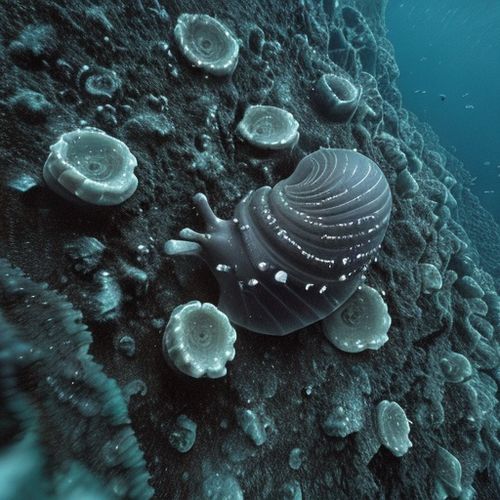
By Emily Johnson/Apr 10, 2025

By Sarah Davis/Apr 10, 2025

By Christopher Harris/Apr 10, 2025

By John Smith/Apr 10, 2025
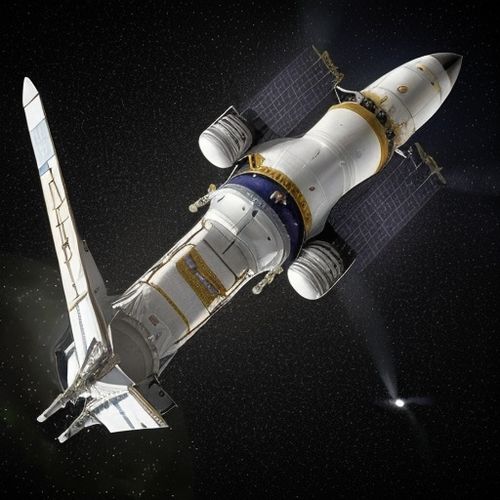
By Ryan Martin/Apr 10, 2025
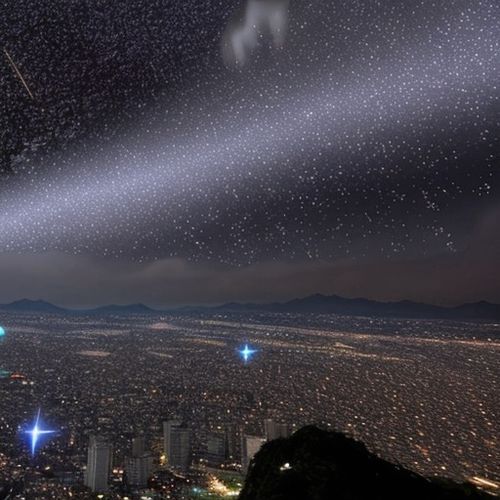
By Olivia Reed/Apr 10, 2025

By Sarah Davis/Apr 10, 2025
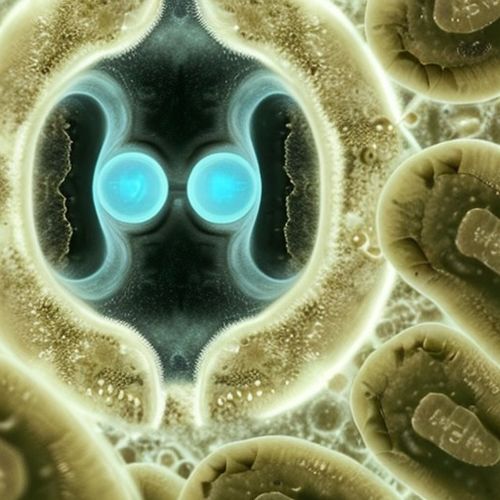
By Victoria Gonzalez/Apr 10, 2025

By Laura Wilson/Apr 10, 2025
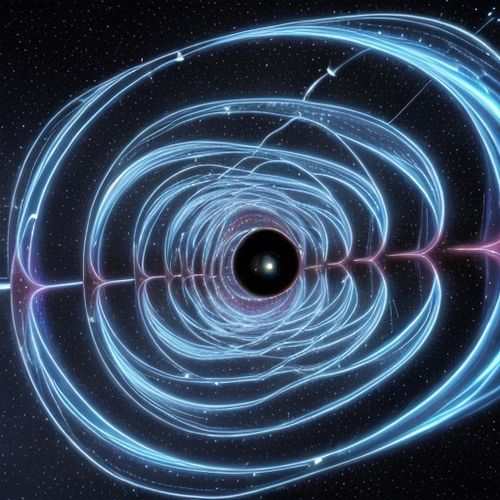
By Lily Simpson/Apr 10, 2025

By Grace Cox/Apr 10, 2025
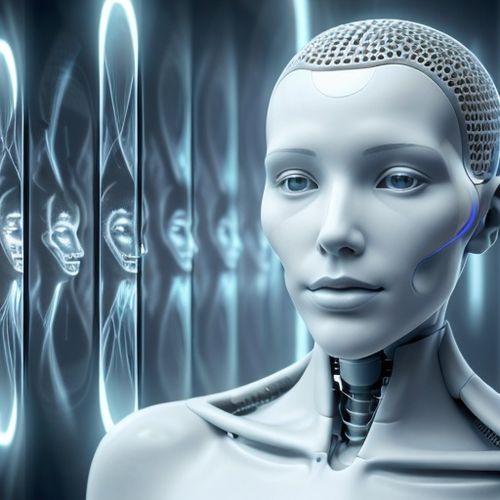
By Emma Thompson/Apr 10, 2025

By Grace Cox/Apr 10, 2025

By Thomas Roberts/Apr 10, 2025
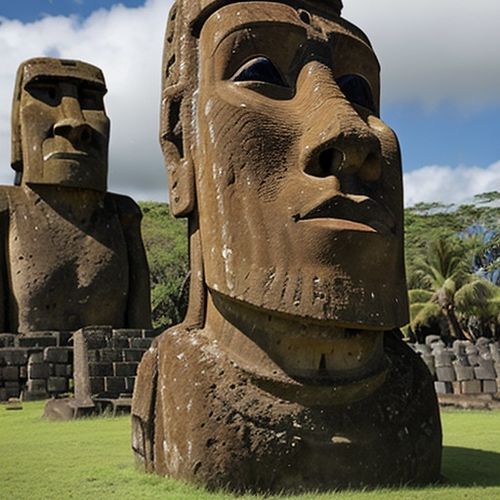
By Laura Wilson/Apr 10, 2025

By Benjamin Evans/Apr 10, 2025

By Megan Clark/Apr 10, 2025